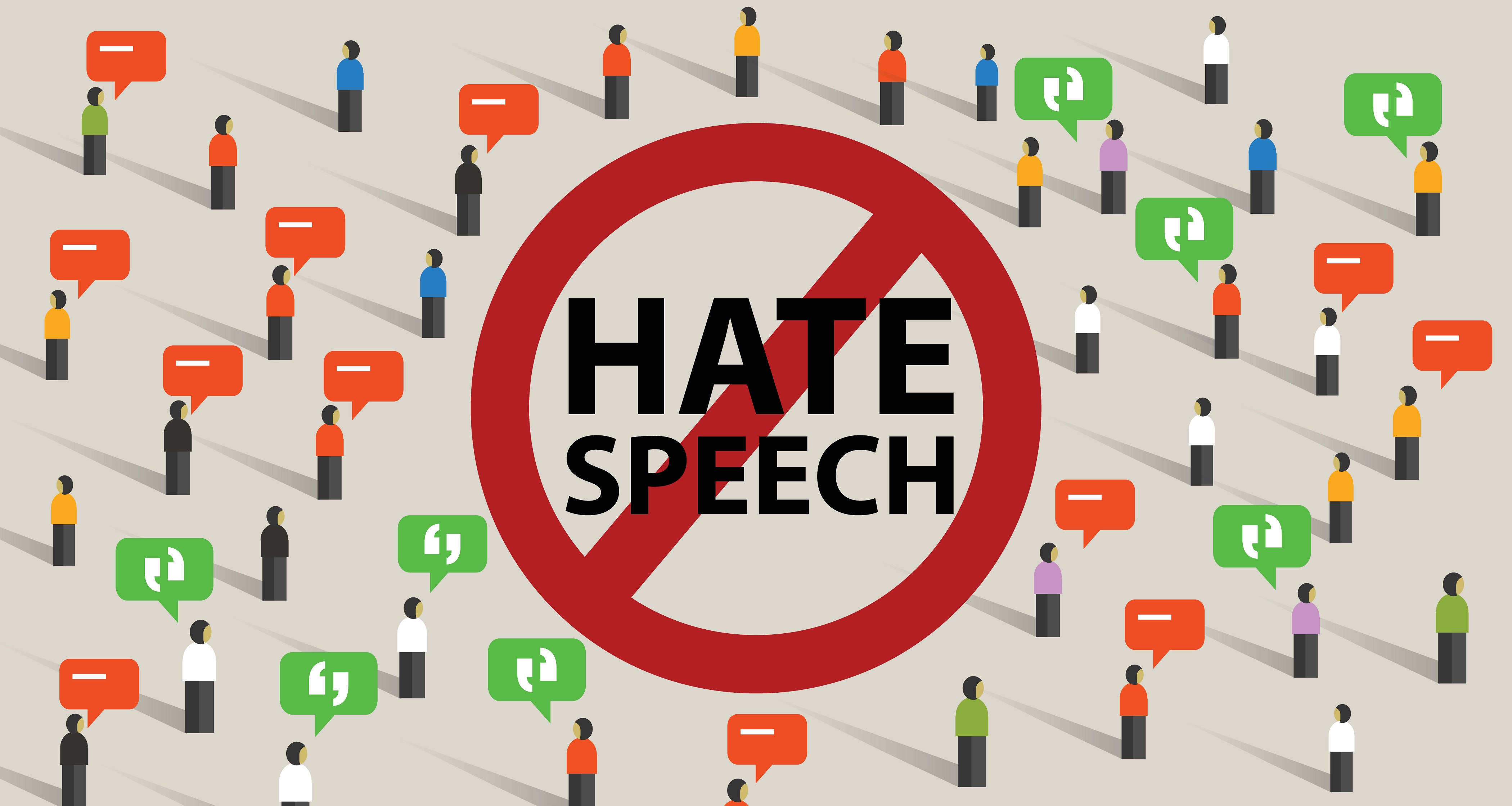
Due to the current influx of new technology, globalization and rapid growth of digital journalism, irresponsible and inappropriate use of social media, particularly facebook, is frequently observed in Ethiopia. Considerable number of people uses social media mainly to seek social currency yet one cannot deny that the media played its part in producing a better word.
Lately, the social media is dominated by bigotry, hate and provocative speeches to instigate turmoil in Ethiopian case. These force some to question whether social media could play constructive role in the country, experts question. Dr. Demelash Mengistu Public Relation and Cultural Communication Assistant Professor at Jimma University told the Amharic Daily Addis Zemen that the improper application of language and misinterpretation of messages lead to communication crisis. And this is threatening the harmonies existence of Ethiopia’s diversified society.
Embi’ale Beyene, Political Science and International Relations lecturer at Bahidar University says social medias are outlets where the society reflect personal thought and exchange ideas in groups. However inappropriate utilization of such platform, particularly digital medias, is challenging the country’s effort to build democratic culture.
Recently people convey messages taking ethnicity, religion and other sensitive agendas, primarily seeking thumbs up. Failure to create a media literate society makes the nature of the problem complicated. Dr. Tesfaye Baye, Legal Service Director and Special Adviser for the President at Kotebe Metropolitan University on his part said that even though there is not sufficient study to identify causes of hate speech, but no one can deny that it is prevalent among the literate section of the society. Those with little educational background face difficulties to access, analyze, and evaluate messages conveyed by the educated ones and hence take them for granted.
It has become common to look people whose only intention is to impose their own outlook, ideology and beliefs upon others. The situation will get worse as one can see it from the context of Ethiopia where diverse nation, nationalities and people comprise the entire state. According to the experts, in a democratic society, the necessity to provide a framework which access, analyze, evaluate and create media in variety of forms is a crucial mater.
Because advancement of technology and scientific innovation has enabled ordinary citizens to act as a journalist. Put it simply, this is the era of citizen journalism. These days in developing nation like Ethiopia where there is no efficient legal framework which govern, regulate, criminalize and prosecute the abuse of social media, media illiterates are posing all-round threats upon the overall lives of the nation. In the 21st century media culture, countries across the globe give due emphasis for the profession of journalism in the context of its importance that the concurrent world required of.
Some nations have incorporated media courses in their curriculum and gained astonishing results. In precise terms, since media has a power to stroke emotion and trigger imagination, governments have to equip their people with the ability to access, analyze, evaluate and create media in variety of forms. Presently, hate speech, hostility and boycott are subjects entertained in social media as if such practices are solution for a country fighting with poverty. An individual with smart phone can convey message regardless of occupational safety and without limitation of special variation and time.
Thus unless efforts are made to curb such a precarious situation early,it will end up with the fragmentation of the nation as we have seen from the experience of Maynamar, South Africa,Kenya and South Sudan.
The Ethiopian Herald, December 27/2018
BY LAKACHEW ATINAFU





